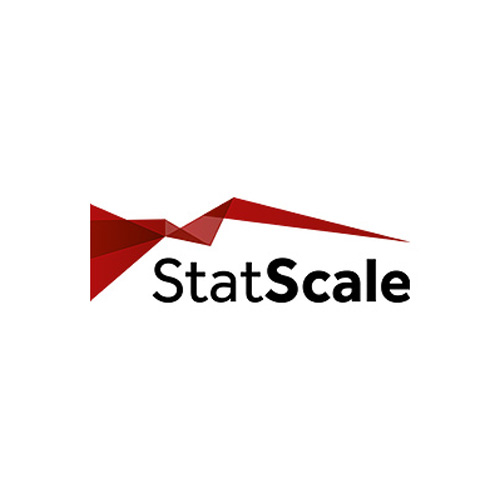Research Showcase
Lancaster leads several major strategic research programmes, delivering next-generation solutions across the data science landscape.
Lancaster leads several major strategic research programmes, delivering next-generation solutions across the data science landscape.
GLOBE aims to bring together diverse, high-volume streams of satellite data and a range of data science techniques to transform our understanding of the elusive subglacial lakes that lie hidden beneath the Greenland Ice Sheet. The project is run by Professor Mal McMillan (Professor in Earth Observation) and his team with minor contributions from UCL and an Austrian SME, ENVEO.
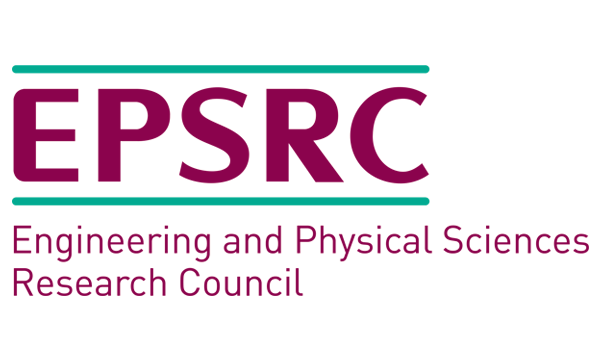
Every year, more than 13,000 women are involved in care proceedings in England alone, and many women will lose children permanently from their care. The first national population profiling study of women in recurrent care proceedings, Vulnerable Birth Mothers, found that at least one in every four of these mothers - rising to one in three for the youngest mothers - will lose multiple children from their care through successive sets of care proceedings (Broadhurst et al., 2015, 2017b). Women are likely to become pregnant again very shortly after child removal, and have the subsequent baby removed at birth: in 60% of repeat cases, care proceedings are issued at birth. Following the findings of this study, Broadhurst and colleagues have undertaken a series of studies (the “Born into Care” series) using large-scale administrative datasets of infants in care proceedings in England and Wales. The two stand-out findings from this programme of work are that:
• Mental health is an endemic issue for mothers who have their babies removed at birth.
• Areas with the highest rates of deprivation are seeing corresponding rates of infants in care proceedings.
Led by Dr Lisa Morris, Lecturer in Social Work
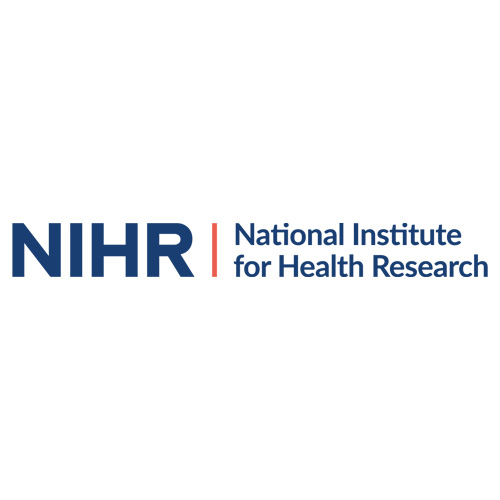
The Cryo-TEMPO study aims to deliver a new paradigm of simplified, harmonized, and agile CryoSat-2 products, that are easily accessible to new communities of non-altimeter experts and end users. The study will generate five new thematic products, covering Sea Ice, Land Ice, Polar Ocean, Coastal Ocean and Inland Water, using rapidly evolving, state-of-the-art processing dedicated to each thematic area. Throughout the project, the products will be constantly evolved, and validated by a group of Thematic Users, thus ensuring optimal relevance and impact for the intended target communities.
Further information can be found on the CryoTEMPO Project website
Led by Dr Mal McMillan (Principal Investigator)
Professor in Earth Observation
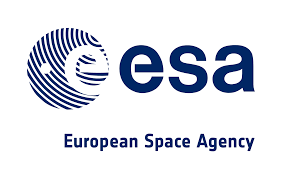
DSI: SL Computational Social Science - Social Data Bias
01/04/2023 → 31/03/2025
Led by Dr Sophie Nightingale (Principal Investigator)
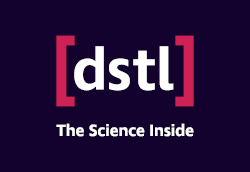
EU Horizon Project: Design-based Data-driven Decision-support Tools: Producing Improved Cancer Outcomes Through User-centred Research (4D PICTURE Project).
Treatment decision-making by patients with cancer, their significant others, and clinicians can be complex, in particular when a choice has to be made between different treatment regimens with different risk profiles, potential outcomes, and effects on survival and quality of life. Decision-making is often complicated through inefficient care paths, including logistic problems and lack of overview of the entire treatment trajectory including unclear responsibilities and inconsistency in information provided to patients. Recent research highlights that such inefficient care paths hinder patients with cancer and their significant others in treatment decision-making, leading to high levels of stress, fear, disempowerment, and unwanted dependence on healthcare professionals. Decision-support tools, which are computer-based tools developed to support decision analysis and participatory processes, have the potential to lead to improved access to innovative, high-quality, oncological care, enhanced patient empowerment, better treatment adherence, better health outcomes, and more health equity.

Blackpool Health Determinants Research Collaboration
Led by Blackpool Council, the £5M NIHR funded Health Determinant Research Collaboration (HDRC) project seeks to understand what Blackpool Council and its partners can do to improve the overall health of the community. Embedded within Blackpool, the project will develop a team of local researchers from diverse communities within Blackpool to work as part of the HDRC team, alongside staff from the Council, Lancaster University, Blackpool Teaching Hospital and community organisations.

BEPREP: Identification of best practices for biodiversity recovery and public health interventions to prevent future epidemics and pandemics
Emanuele Giorgi- Senior Lecturer in Biostatistics
Epidemics and pandemics - most of them caused by zoonotic and vector-borne emerging diseases - are globally threatening our health and welfare at an alarming pace. Prevention of future disease outbreaks will be pivotal to secure human welfare. “Biodiversity-is-good-for-our-health” has become a new paradigm in disease risk mitigation. Consequently, nature restoration targeting biodiversity recovery - isolated or in combination with public health interventions - has been identified as a major disease risk mitigation tool.
The BEPREP project will fill this lack in knowledge and provide practical guidance. In spatially and temporally replicated field studies and experiments in 11 case studies in Europe and the tropics, the project aims to reveal the causal mechanisms of infection dynamics and how to interrupt infection pathways.

Trustworthy and Accountable Decision-Support Frameworks for Biodiversity - A Virtual Labs based Approach

DSI: Equity for the Older - Beyond Digital Access - Bran Knowles
Older adults have long been lesser beneficiaries of the digital economy, with many unable or choosing not to adopt digital technologies which do not speak to their particular needs and wants. With COVID-19 spurring societal digitalisation at an unprecedented pace, digitally disadvantaged older adults have been locked out of essential and life-saving services, while others have been made to take up technologies they may be deeply uncomfortable using. As we reimagine society to deal with an ongoing pandemic reality, it is essential that older adults are neither left behind nor forced to make major concessions in their way of life. It is not enough, therefore, to simply improve access to digital technologies. An equitable digital society requires that older adults are welcomed into a digital economy that treats them as first order stakeholders.
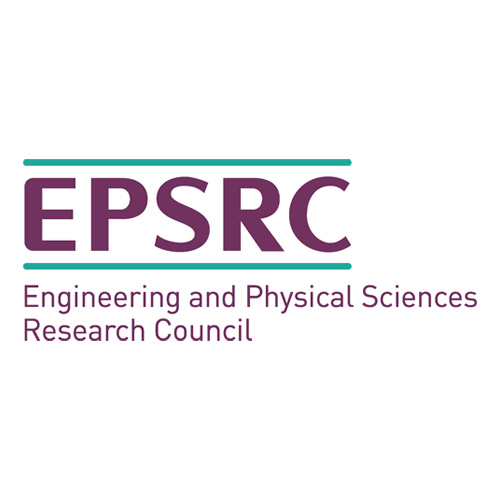
When people experience mental health difficulties, they often look for help online. This has increased during Covid-19, because it has been harder to get in-person help. Online searches will lead them to a range of mental health peer forums (also called online communities). These are websites where people with a shared interest or concern can “post” messages to others and get their advice and support. Online forums can be very helpful. Some people report feeling less distressed, less alone, and more able to cope. However, others have reported feeling more distressed and less able to cope after using forums. We do not know why these differences occur. This means we do not know how to make forums better, or which ones should be offered to people seeking help.
We aim to find out: how online mental health forums work; why some work better than others; and why some people find them helpful and others do not. Based on what we find, we will work with people who use forums; people employed to support forums; and people who set up and fund forums; to develop tools to improve the design and support from online mental health forums.
Professor Fiona Lobban - Health Research

NIHR's Public Health Intervention Responsive Studies Teams (PHIRST) scheme is fully-funded to co-design and co-produce evaluations of local authority initiatives in real-time, providing research evidence to meet local government needs. PHIRST funded research aims to help find out what impact these initiatives have on the health and health inequalities experienced by local populations. LiLaC is a collaboration between Liverpool and Lancaster universities and is one of six PHIRSTs across the UK.

Probabilistic Algorithms for Scalable and Computable Approaches to Learning (PASCAL)
The PASCAL research programme is focused on developing an end-to-end framework, from data to decisions, that naturally accounts for data uncertainty and provides transparent and interpretable decision-making tools. The algorithms developed throughout this research project will be generally-applicable in a wide range of real-world domains and appropriate for modern computer hardware infrastructure. To drive through the impact and uptake of this research, we are supported by committed strategic partners, GCHQ, the Heilbronn Institute of Mathematical Research, Transport Research Laboratory, the University of Washington and the Alan Turing Institute.

ICT now consumes approximately 10% of global electricity, with large-scale ICT systems such as Cloud datacentres, IoT, and HPC systems generating a substantial ICT footprint in terms of energy consumption and GHG emissions, and are growing contributors to climate change. Researchers across Computer Science and various engineering disciplines have predominantly tackled this problem via enhancing the energy-efficiency of individual components (software, servers, networking, cooling) via improvements to scheduling, software optimisation, hardware, and cooling.However, enhancing system component efficiency has still resulted in a growing global ICT footprint - more data, greater compute ability, and more devices. This is due to the rebound effect, whereby technological progress enhances system efficiency, however increases the rate of consumption and end-use demand. This is of increasing concern given the end of Moore's law, growing global digital service consumption, and the rise of Big Data and AI services in society - all when combined result in a rapidly increasing ICT footprint. It is no longer possible to rely on the conventional perception that 'green' large-scale ICT systems can be achieved just by solely improving component energy-efficiency. There needs to focused effort to actually reverse the global ICT footprint.
This fellowship will design a large-scale ICT system capable of self-adapting its operation in response to energy availability and ICT footprint targets.

Eden Project North will be a major new attraction in Morecambe, Lancashire. It will be a destination that combines indoor and outdoor experiences, connecting people with the internationally-significant natural environment of Morecambe Bay while also enhancing wellbeing.
The project has far-reaching environmental, social and economic ambitions, but above all it will be a day out that inspires a sense of wonder and connection with the natural world.
Research Strategy -
“The global mission is to create a movement that builds relationships between people and the natural world to demonstrate the power of working together for the benefit of all living things” Professor Jo Knight, Director of Research for Eden
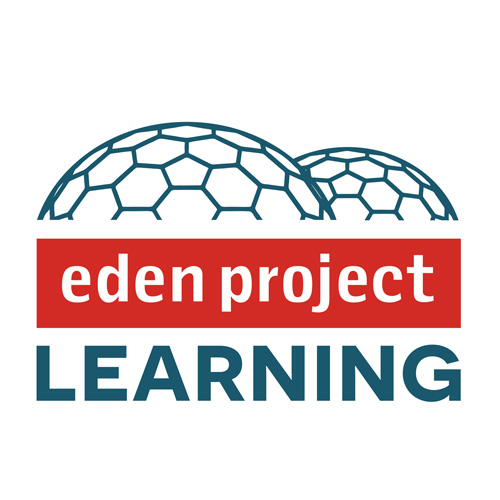
The Future Places Centre (FPC) builds on Lancaster University’s pioneering projects on pervasive computing, the Internet of Things (the IoT) and the natural environment, on ‘futures thinking’ and data science to create a portfolio of applied research endeavours that will help the University and the communities it serves better understand the places in which they exist. With insights provided by everyday and state-of-the-art computing, the FPC will help make future places healthier spaces.
Future Places Centre
The Universities of Lancaster, Oxford and Sussex, with Kings College London, are delighted to announce their collaborative project PARIS-DE (Design Principles and Responsible Innovation for a Sustainable Digital Economy) as part of the Engineering and Physical Sciences Research Council (EPSRC)’s sustainable digital economy call.
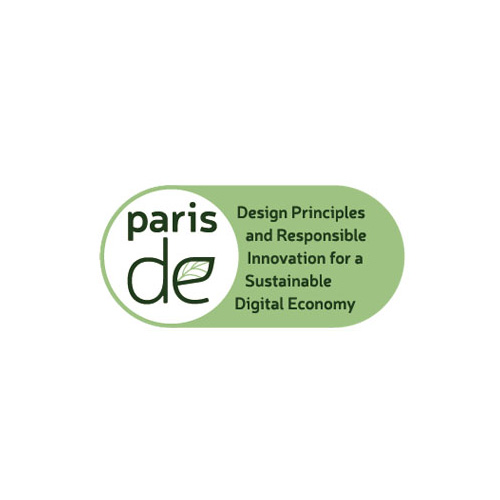
We are delighted to announce that STOR-i has been awarded funding for a third generation of the Centre. The new centre will benefit from an investment of over £10 million from EPSRC, Lancaster University and industrial partners. This award will fund 70 students across five cohorts, with the first cohort starting in October 2019.
STOR-i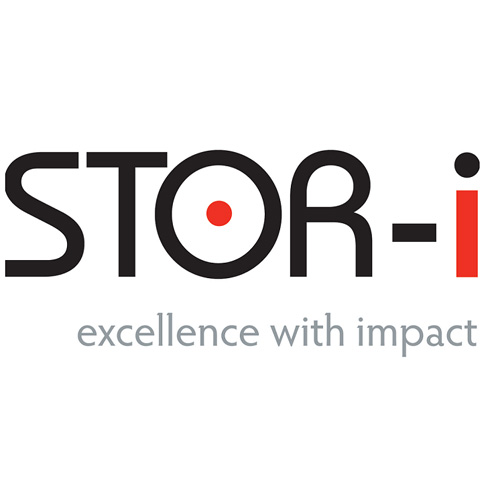
Lancaster University and the SAIL Databank at Swansea University are working in partnership with the Nuffield Observatory to improve safe access to critical national datasets. Better use of this data is essential to building our understanding of how the family justice system is working.
Over five years, we aim to build capability in the use of administrative data and demonstrate its value for the Family Justice System. Cafcass England and Cymru are supporting this work given the importance of national data held by both organisations and the role they play in frontline decision-making.
Family Justice Centre Link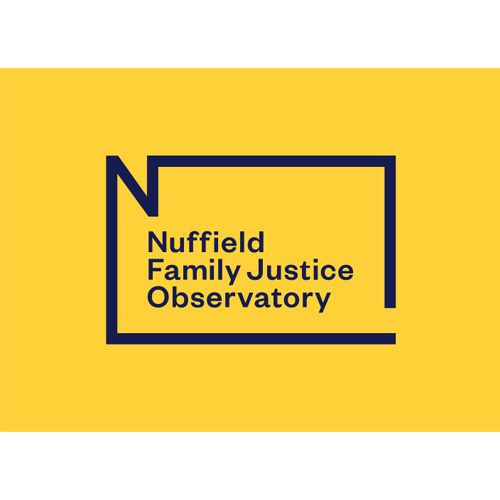
New Approaches to Bayesian Data Science: Tackling Challenges from the Health Sciences (Bayes4Health) brings together an exceptional team of investigators with a world-leading track record in fundamental data science and applications to health and biomedical sciences. The project will develop the new approaches that are needed both within the health sciences and more widely, addressing key research challenges - directly developing new insights and understanding.
Bayes4Health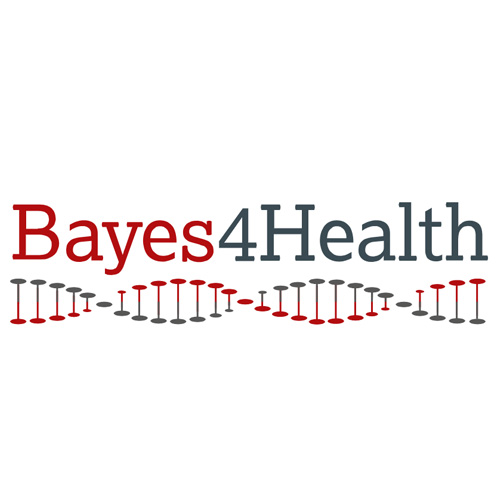
The Connected Health Cities (CHC) programme unites local health data and advanced technology to improve health services for patients in northern England. By making better use of the information and technology that already exists in our health and social care system, we can make sure services are more joined-up and improve the health of patients. Working with patients, health practitioners and experts in digital health, CHC will deliver research that is relevant, effective and has a real impact on public health.
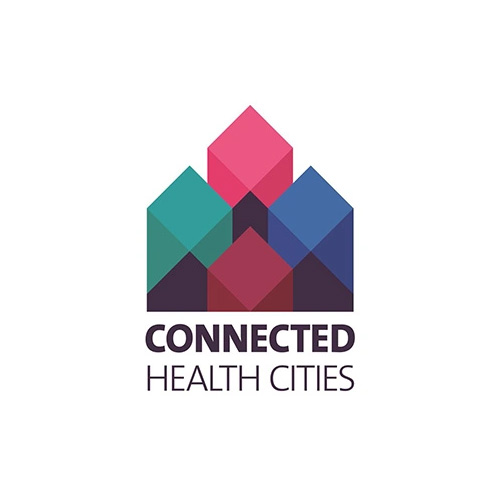
Data Science of the Natural Environment is a bold collaboration between Lancaster University and the Centre for Ecology & Hydrology, which will co-create and deploy a data science of the natural environment. Driven by grand challenges of environmental science, co-designed with an extensive range of critical stakeholders, our multi-disciplinary team of internationally-renowned data and environmental scientists will develop a broad and unique range of new data science techniques, fused with environmental models in an integrated framework to enable better-informed decision-making around the most pressing challenges faced by society.
DSNE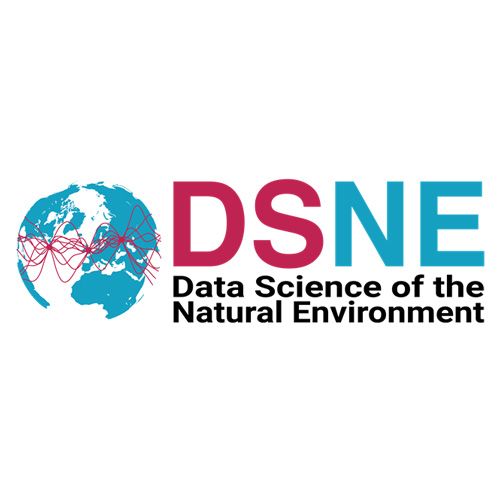
Ensemble is an umbrella initiative examining the role of technology in supporting a new kind of environmental science, a more open, integrative and collaborative science involving data scientists, computer scientists, experts in communication and also earth and environmental sciences. A DT/LWEC Senior Fellowship partially funds the work in Ensemble. Other projects include "Models in the Cloud", a project focussing on the support offered by cloud computing to Environmental Science and the execution of potentially complex environmental models in the cloud.
Ensemble
NG-CDI: Next Generation Converged Digital Infrastructure is an ambitious programme geared to create a radically new architecture for the UK’s internet and telecommunications infrastructure. This £5M EPSRC and BT Prosperity Partnership is a collaborative partnership with the Universities of Lancaster, Bristol, Cambridge and Surrey and BT. Its strength lies in its multi-disciplinary and multi-stakeholder approach to bring innovative solutions to developing the infrastructure within a rapidly changing society.

OptiFrame focuses on the development of Trajectory Based Operations, adopting a holistic view of the Air Traffic Management system, interacting closely with relevant stakeholders to ensure the realistic modelling of their requirements. OptiFrame is funded by a two-year SESAR 2020 Exploratory Research Project led by Lancaster University’s Management Science group in partnership with EUROCONTROL (European Organisation for the Safety of Air Navigation, Belgium), CFR (Consorzio Futuro in Ricerca, Italy) and NLR (Stichting Nationaal Lucht- En Ruimtevaartlaboratorium, The Netherlands).
Optiframe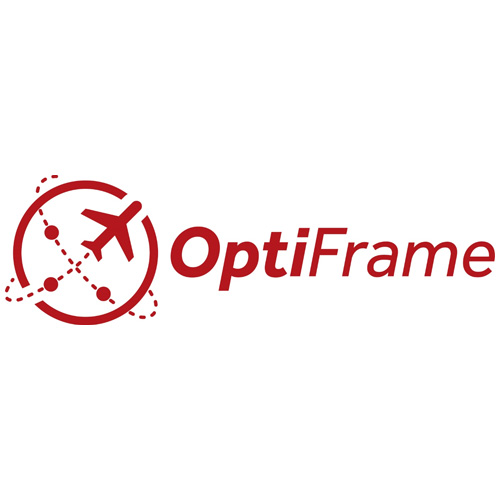
The demand on our airports is ever-increasing with growing concerns over airport capacity and the impact of congestion on both the travelling public and the air transport industry. OR-MASTER, an EPSRC funded research programme, seeks to directly address these issues building on the UK’s world-leading expertise in Operational Research to find the most efficient ways to schedule flights, developing and testing new models and solution algorithms that take account of the numerous factors involved in the allocation of flight 'slots'. The programme is led by a team at Lancaster University Management School, working with researchers at the Queen Mary University of London, and draws on strong partnerships with the air transport industry and policymakers.
OR-MASTER
We live in a world in which our ability to capture personal user data far exceeds our understanding of how to manage issues of trust, privacy and consent with potentially far-reaching consequences for both individuals and society. Without independent academic research in this space, we run the risk of privacy and trust being sacrificed in the rush to exploit these new sensing capabilities commercially. In this project, we will conduct pioneering interdisciplinary research to create the world's first comprehensive system for privacy and consent management in future pervasive environments, i.e. environments with a wide range of sensing capabilities.
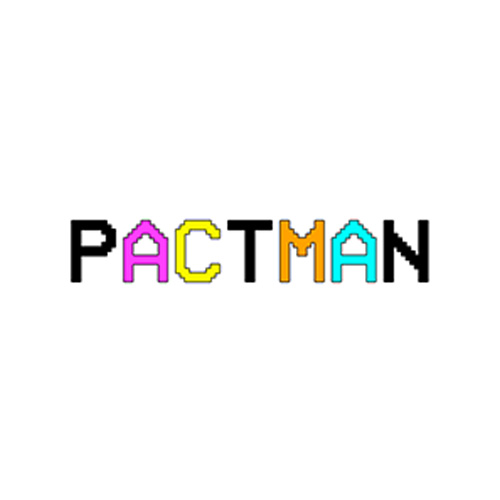
The PETRAS Internet of Things Research Hub is a consortium of nine leading UK universities that will work together over the next three years to explore critical issues in privacy, ethics, trust, reliability, acceptability, and security. Funding for the Hub includes a £9.8 million grant from the Engineering and Physical Sciences Research Council (EPSRC) which will be boosted by partner contributions to approximately £23 million in total. This project also runs in collaboration with IoTUK. Lancaster will be contributing expertise in trust, security and design issues for the IoT.
PETRAS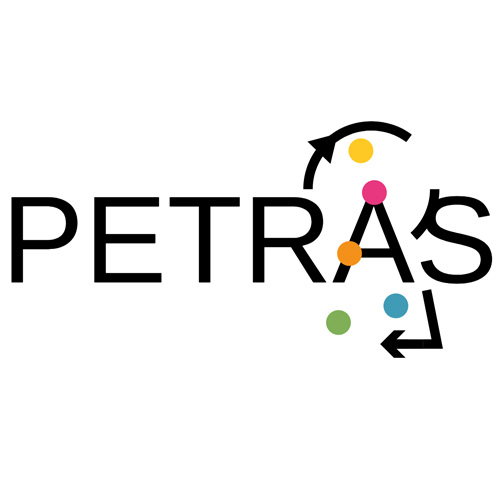
Data is now collected at unprecedented rates from sensors ubiquitous in both industrial processes and consumer devices. This deluge of data results in data streams – connected flows of data which are often recorded at very high sampling rates. The statistical analysis of these streams poses fundamentally new analytical challenges which, when developed, will enable us to explore better and identify insights arising from such streams. StatScale, a £2.75M EPSRC-funded research programme, will form the next generation statistical tools required to unlock the value in such streaming data and benefits from substantial input from key partners such as AstraZeneca, BT, Shell and the Office for National Statistics.
StatScale